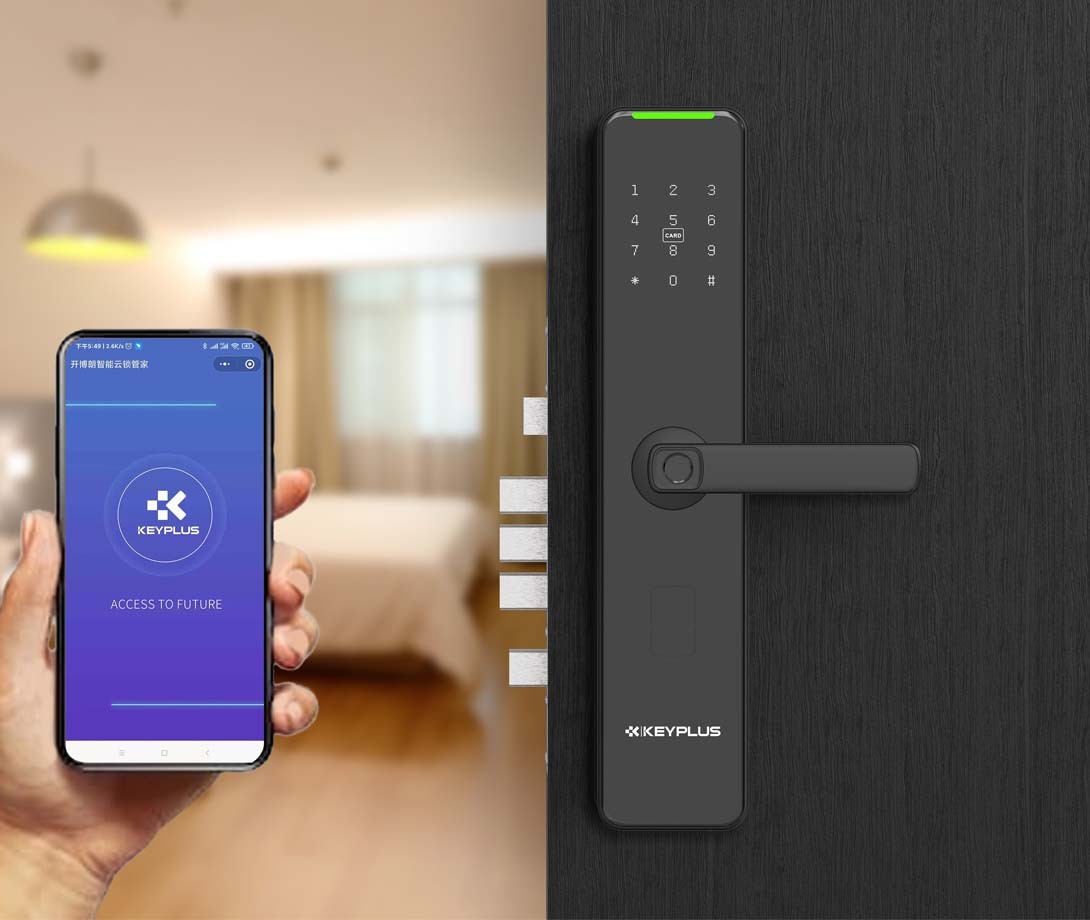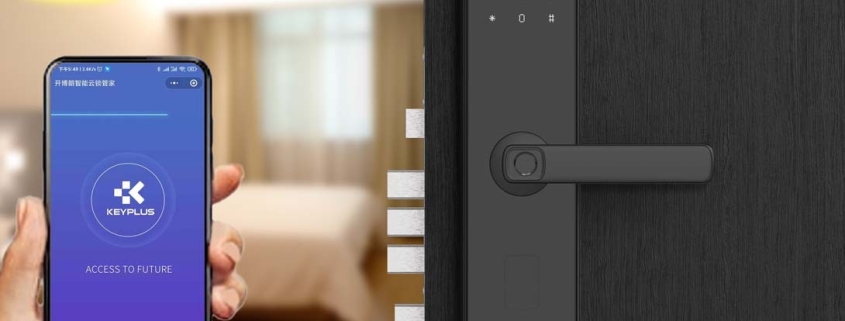How Do Keyless Locks Work?
In today’s world, convenience and security are top priorities for homeowners and businesses alike. Traditional locks and keys have served us well for centuries, but keyless locks offer a more advanced, flexible, and secure alternative. But how exactly do keyless locks work?
This article explores the technology behind keyless entry systems, their different types, advantages, and potential drawbacks. By the end, you’ll have a clear understanding of whether a keyless lock is the right choice for your home or office.
What Are Keyless Locks?
Keyless locks, as the name suggests, are locking mechanisms that do not require a physical key to operate. Instead, they use alternative methods such as:
-
PIN codes (numeric passwords)
-
Biometric scans (fingerprint, retina, or facial recognition)
-
RFID cards or fobs (radio frequency identification)
-
Smartphone apps (Bluetooth, Wi-Fi, or NFC)
-
Voice recognition (integrated with smart assistants like Alexa or Google Home)
These locks eliminate the need for carrying keys, reducing the risk of lockouts, lost keys, or unauthorized duplication.
How Do Keyless Locks Work?
Keyless locks rely on electronic components to verify access credentials before unlocking. Here’s a breakdown of the most common types and how they function:
1. Keypad Locks (PIN Code Entry)
Keypad locks are among the most popular keyless entry systems. They feature a numeric pad where users enter a pre-set code to unlock the door.
How it works:
-
The lock has an internal electronic mechanism connected to the keypad.
-
When the correct PIN is entered, the lock’s motor disengages the bolt, allowing the door to open.
-
Some models allow multiple user codes, temporary codes for guests, and automatic lockout after too many failed attempts.
Best for: Homes, offices, and rental properties where multiple users need access.
2. Biometric Locks (Fingerprint or Facial Recognition)
Biometric locks use unique biological traits—such as fingerprints, iris patterns, or facial features—to grant access.
How it works:
-
The lock stores authorized users’ biometric data in its memory.
-
When a person places their finger on the scanner or looks into a camera, the system compares the input with stored data.
-
If there’s a match, the lock opens.
Best for: High-security areas, smart homes, and businesses requiring strict access control.
3. RFID & Smart Card Locks
RFID (Radio Frequency Identification) locks use cards, fobs, or even smartphone NFC to unlock doors.
How it works:
-
The lock has an RFID reader that emits a low-power radio signal.
-
When an authorized card or fob is near the reader, it sends back an encrypted signal.
-
If verified, the lock disengages.
Best for: Hotels, gyms, and corporate offices where access cards are commonly used.

4. Smart Locks (Bluetooth, Wi-Fi, or App-Controlled)
Smart locks connect to a home automation system via Bluetooth, Wi-Fi, or Zigbee, allowing remote control via a smartphone app.
How it works:
-
The lock pairs with a mobile app or smart home hub (like Apple HomeKit, Google Home, or Amazon Alexa).
-
Users can lock/unlock doors remotely, create virtual keys, and monitor access logs.
-
Some models support geofencing (auto-locking when you leave and unlocking when you return).
Best for: Tech-savvy homeowners who want seamless integration with smart home systems.
5. Voice-Activated Locks
Voice-controlled locks work with virtual assistants like Amazon Alexa, Google Assistant, or Siri.
How it works:
-
The lock is connected to a smart speaker or hub.
-
Users give a voice command (e.g., “Alexa, unlock the front door”).
-
The system verifies the user’s voice and executes the command.
Best for: Hands-free convenience in smart homes.
Advantages of Keyless Locks
-
No More Lost Keys – Forget about lockouts or expensive key replacements.
-
Enhanced Security – No physical keys to duplicate, and many models have anti-tamper alarms.
-
Remote Access – Smart locks allow you to control doors from anywhere.
-
Customizable Access – Grant temporary or permanent access to family, friends, or service providers.
-
Integration with Smart Home Systems – Works with security cameras, alarms, and voice assistants.
Potential Drawbacks
-
Power Dependency – Most keyless locks require batteries, which can die unexpectedly.
-
Hacking Risks – Wireless locks may be vulnerable to cyberattacks if not properly secured.
-
Higher Cost – Keyless locks are more expensive than traditional locks.
-
Learning Curve – Some users may find advanced features confusing.
Are Keyless Locks Right for You?
If you value convenience, advanced security, and smart home integration, a keyless lock is an excellent investment. However, if you prefer a simple, low-tech solution, a traditional lock might suffice.
For maximum security, consider a hybrid lock that combines a keypad with a physical key override.
Final Thoughts
Keyless locks represent the future of home and business security. With various options available—from PIN pads to biometric scanners and smart app controls—there’s a keyless solution for every need.
By understanding how these locks work, you can make an informed decision and choose the best system for your property. Whether you’re upgrading your home security or managing access for a business, keyless locks offer a modern, efficient, and secure alternative to traditional keys.
Would you switch to a keyless lock? Share your thoughts in the comments!









